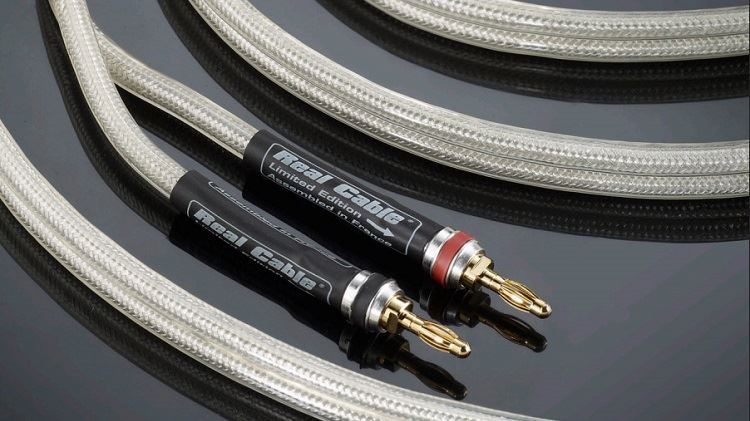If you’re new to home audio and just picked up some speakers or a veteran looking for new gear, this guide is for you. This article is a must-read for anyone looking to choose the best coaxial speaker cable for their needs.
What Coaxial Speaker Cable is
A coaxial speaker cable is an electrical cable used to connect speakers to amplifiers and other audio equipment. It comprises two insulated inner conductors, separated by a dielectric (insulating) material, surrounded by an outer conductor (shield).
The inner conductors are typically made of copper or aluminium, while the dielectric can be made of various materials such as polyethene or fibreglass. The outer conductor is usually made of braided copper or aluminium.
Coaxial speaker cable is generally used for high-fidelity (hi-fi) sound systems, offering superior audio quality compared to other electrical cords. It is also relatively resistant to electromagnetic interference (EMI), making it ideal for noisy environments.
Difference between Coaxial and Solid Copper
There are two main types of speaker cables: coaxial and solid copper. Both have their advantages and disadvantages.
The coaxial cable comprises an inner conductor (usually a copper wire) surrounded by an insulating layer and an outer conductor (usually a metal shield).
This construction helps to reduce interference from electromagnetic fields. Coaxial cable is typically more expensive than solid copper cable but is also more durable and has better electrical properties.
The solid copper cable comprises a single conductor (usually a copper wire). It is less expensive than coaxial cable, but it is also more susceptible to interference from electromagnetic fields. Solid copper cable is typically used for shorter runs or in limited-space applications.
Types of Coaxial Cables
Coaxial cables come in a variety of sizes and styles. The most common coaxial cable is the RG-6, typically used for television and satellite applications.
Other coaxial cables include the RG-59, which is smaller in diameter and typically used for audio applications, and the RG-11, which is more prominent and typically used for high-speed data applications.
Advantages of Coaxial Cables over Solid Copper
There are many advantages of coaxial cables over solid copper cables, including:
- Coaxial cables have a much higher bandwidth than solid copper cables, making them ideal for high-speed data transmission.
- Coaxial cables are less susceptible to interference than solid copper cables, making them ideal for use in areas with high levels of electromagnetic interference.
- Coaxial cables are less likely to experience crosstalk than solid copper cables, making them ideal for use in applications where data integrity is critical.
- Coaxial cables are more flexible than solid copper cables, making them easier to install in difficult-to-reach places.
- Coaxial cables are available in various sizes and configurations, making them suitable for various applications.
Disadvantages of Coaxial Cables vs. Solid Copper
If you want to set up a home theatre or upgrade your surround sound setup, you’ll need to choose the right speaker cables. Coaxial and solid copper cables are both popular choices, but each has advantages and disadvantages.
Coaxial cables are typically cheaper than solid copper cables, but they’re also not as durable. They can be more challenging to work with and are not as good at handling high-frequency signals.
Solid copper cables are more expensive than coaxial cables but are more durable and easier to work with. They’re better at handling high-frequency signals, making them a better choice for home theatre systems.
How to Choose the Right Cable for You
If you’re looking to improve the sound quality of your home theatre or audio system, upgrading your speaker cables is one of the best ways. But with all the different types and brands of speaker cables on the market, how do you know which one is right for you?
In this guide, we’ll walk you through everything you need to know about speaker cables, including what they are, how they work, and what factors to consider when choosing the right one for your system. By the end, you’ll be an expert on speaker cables and ready to choose the perfect set for your needs.

